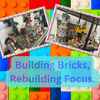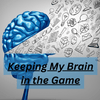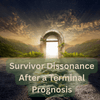What's the best way to eat while battling GBM?
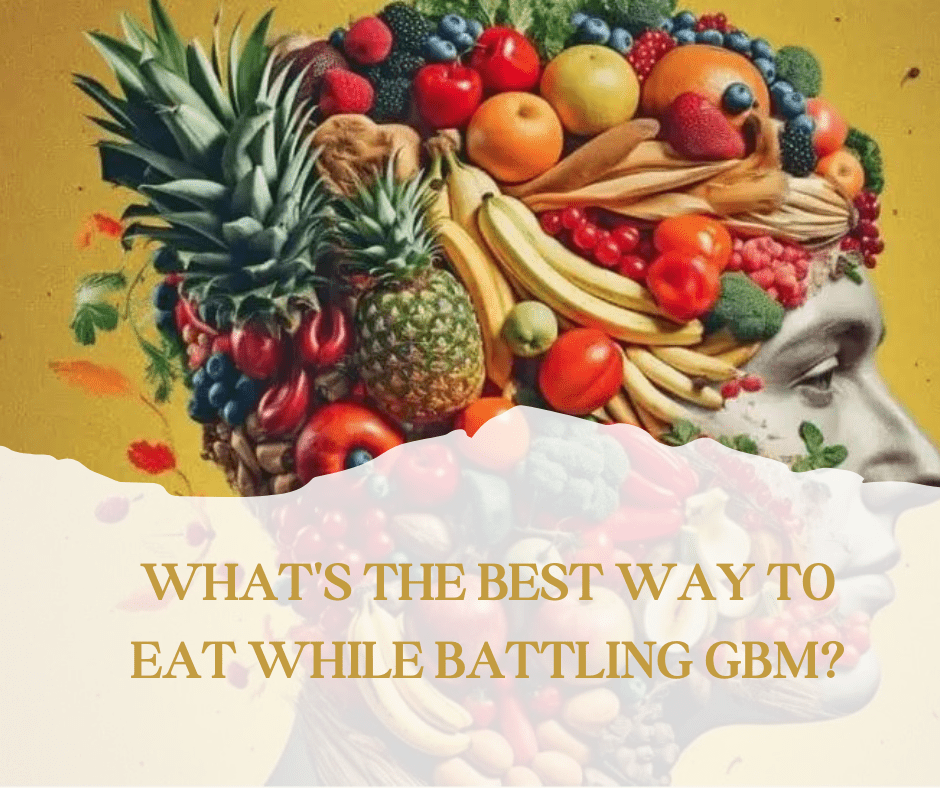
From Arcata to Advocacy: My Journey Through Cancer and Nutrition
Let me start by sharing a bit about where I come from. I grew up in a small town nestled in Northern California called Arcata . If you’ve never heard of it, picture this: rolling green hills, redwoods taller than skyscrapers, ocean air so fresh it makes your lungs feel brand new, and a community where no one locked their doors. That was my childhood.
Arcata is part of what’s known as the Emerald Triangle —a nickname rooted in its rich history of cannabis cultivation. But beyond that, it is a town full of character. Arcata has always had a bit of a “hippy” reputation. And honestly, I think that is a compliment. Long before Trader Joe’s and Sprouts were trendy, we were already eating organic, shopping locally, and talking about gut health like it was a normal topic at the dinner table.
The Arcata Farmers Market was (and still is) the heartbeat of town. Every Saturday, the plaza filled with fresh produce, street musicians, and smiling faces. We knew our farmers by name. It was the kind of place where even as a kid, you felt the importance of community, clean food, and living with intention.

But like most 18-year-olds, I was itching to leave. As beautiful as Arcata was, I wanted more. I moved to San Francisco to attend the California Culinary Academy , pursuing my love for cooking. Food has always been more than fuel to me—it is connection, healing, culture, and art. Through that journey, I also gained a solid understanding of nutrition. I never imagined just how much that knowledge would come into play later in life.
The Diagnosis That Changed Everything
Fast forward to now: I’m living with Glioblastoma , one of the most aggressive forms of brain cancer. Getting that diagnosis was like a bomb going off in the middle of my life. There was no warning, no preparation—just chaos and fear. And in the middle of that storm, I made a choice.
I immediately cut sugar from my diet.
Why? Because I began reading, researching, and reaching out. I learned from sources like the Mayo Clinic and American Lung Association that sugar can fuel inflammation and possibly tumor growth. While there’s still debate around the science, for me, it felt like a step I could control. In a world where I suddenly felt powerless, cutting sugar became my first act of rebellion against cancer.
The results were undeniable. Since eliminating sugar, I have lost over forty pounds —not through starvation or fad diets, but by returning to the basics. I focused on real food, mostly organic, mostly plant-based. And guess what? I was able to come off my high blood pressure and cholesterol medications —a small but significant victory in a much larger battle.
Nutrition Overload: Which Diet is Best for Cancer?
But here’s the truth: once you open the door to cancer nutrition , it is like stepping into a maze with a million paths. Keto. Mediterranean. Plant-based. Paleo. Vegetarian. Raw food. Intermittent fasting. Carnivore, even. Every day it feels like a new headline is claiming that one diet is the golden ticket and the others are harmful.
It’s overwhelming. For a while, I tried to follow strict plans, but they didn’t always align with how I was feeling or what my body truly needed. That’s when I started doing something that helped me feel more grounded—I began keeping a food journal .
I used it to track everything I ate and how I felt after. It gave me a clearer picture of what worked and what did not. When I had gastric issues, I tried Manuka honey . Some articles claim it can fight cancer; others say the evidence is lacking. But for me? It helped soothe my stomach, and that was enough.
I also added nuts after reading research linking nut consumption to better outcomes in cancer patients. Another study showed that fruits—especially berries—are loaded with antioxidants that help protect brain cells and support cognitive function. It was small steps like these, rooted in research but personalized to my experience, that began to build a system I could live with.
Real Food, Real Impact
There’s a lot of focus on supplements in the cancer world, and I understand why. People want to cover their bases. But I believe the best source of nutrients comes directly from the foods that grow in the ground, not a bottle.
I eat as many organic fruits and vegetables as I can get my hands on—apples, spinach, carrots, blueberries, kale. I try to “eat the rainbow” daily. I focus on healthy fats like avocado and olive oil. And I treat food as medicine, not just a meal.
That’s not to say I have it all figured out. I still question what I’m doing. I still wonder: What’s the best diet for cancer? Is there one? Or is the real answer something more personal?
Maybe it is not about picking the “right” diet but about building the one that is right for you. One that nourishes your body, respects your condition, and gives you strength—not just physically but emotionally.
Let’s Keep the Conversation Going
This blog post probably did not answer any questions—if anything, it might have sparked more. But that’s okay. Sometimes the most honest answer is: “I don’t know yet, but I’m trying.”
I’m still figuring it out, still reading, still testing. And I’d love to hear what’s working for others. If you have studies, tips, or stories to share—please do. This is not a journey anyone should walk alone.
Leave a comment, send me a message, or tag me on social media. Let’s keep building a space where we can learn from each other, support each other, and navigate this overwhelming but important topic together.
Because when it comes to fighting cancer , knowledge, connection, and compassion are just as powerful as any treatment.

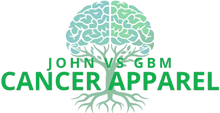
 NEW ARRIVALS
NEW ARRIVALS APPAREL
APPAREL GIFT AND HOME
GIFT AND HOME COLLECTION'S
COLLECTION'S HOPE HUB
HOPE HUB BLOG
BLOG